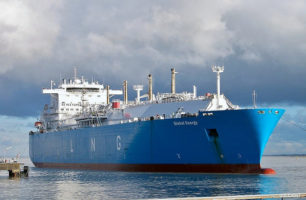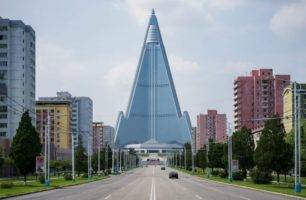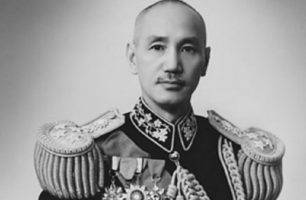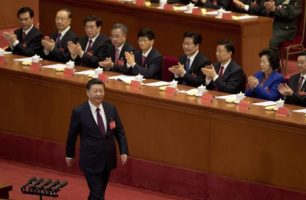
New Energy Outlook Report 2018
Columbia Center on Global Energy Policy
As the energy world becomes more integrated, more dynamic and more complex, the need to try and better understand the outlook for the industry only grows.
One publication that helps us to do this is the Bloomberg New Energy Outlook Report, an annual long-term economic forecast of the world’s power sector.
On a new episode of Columbia Energy Exchange, host Jason Bordoff sits down with Amy Grace, Head of North American Research at Bloomberg New Energy Finance.
Amy leads the team responsible for producing the New Energy Outlook and communicating analysis on economics, policy, and the strategic dynamics of the North American power sector.




